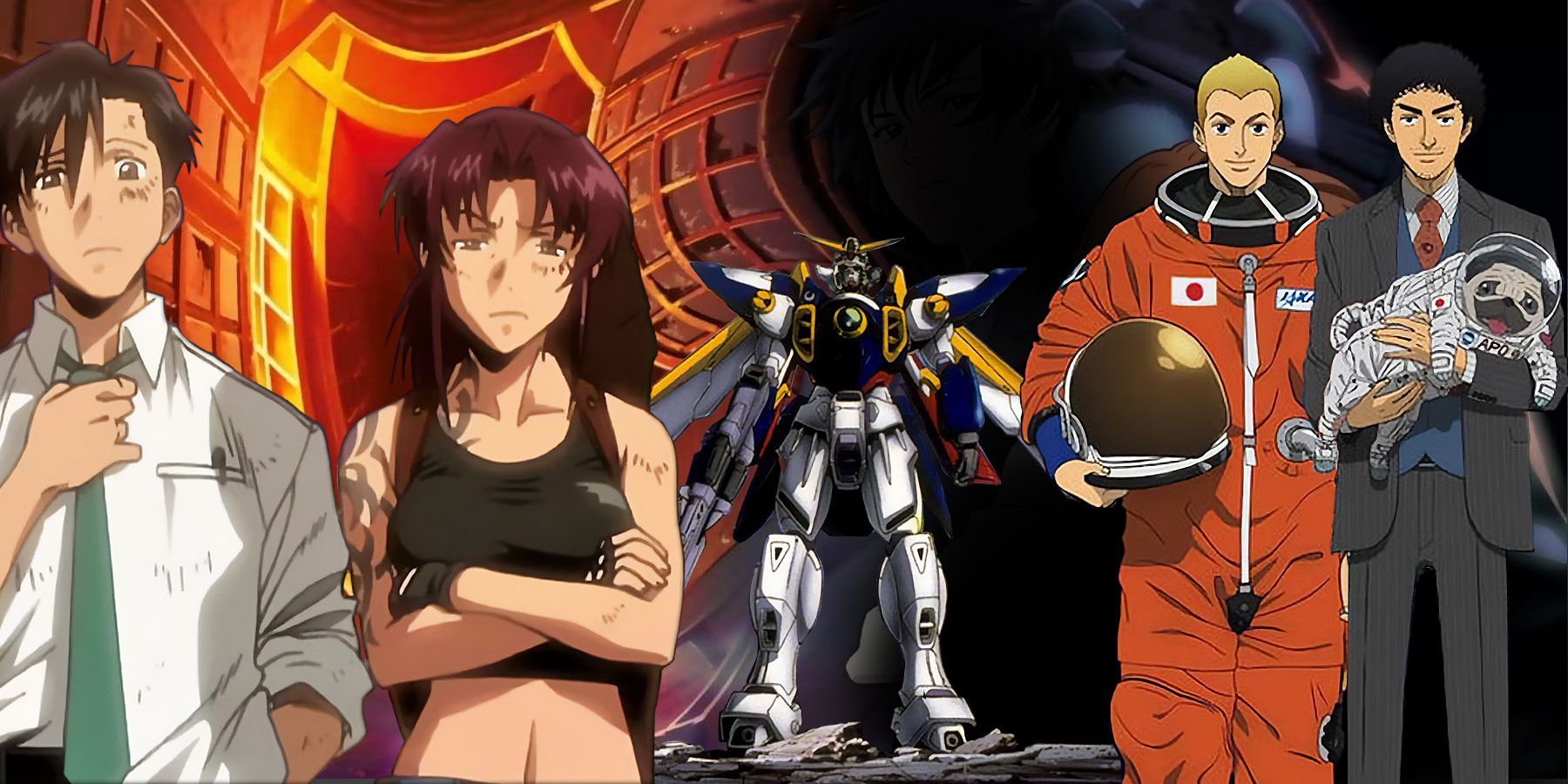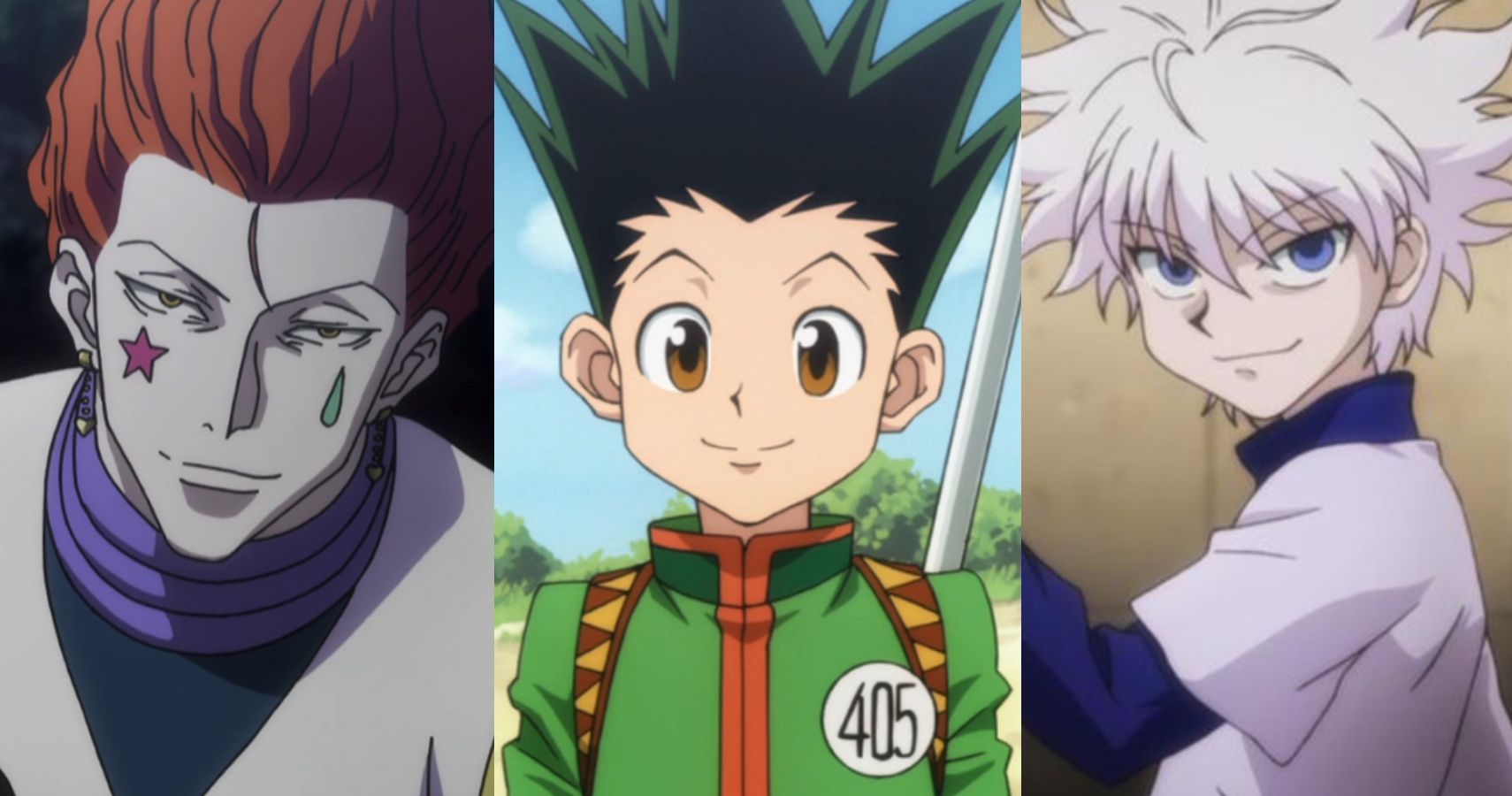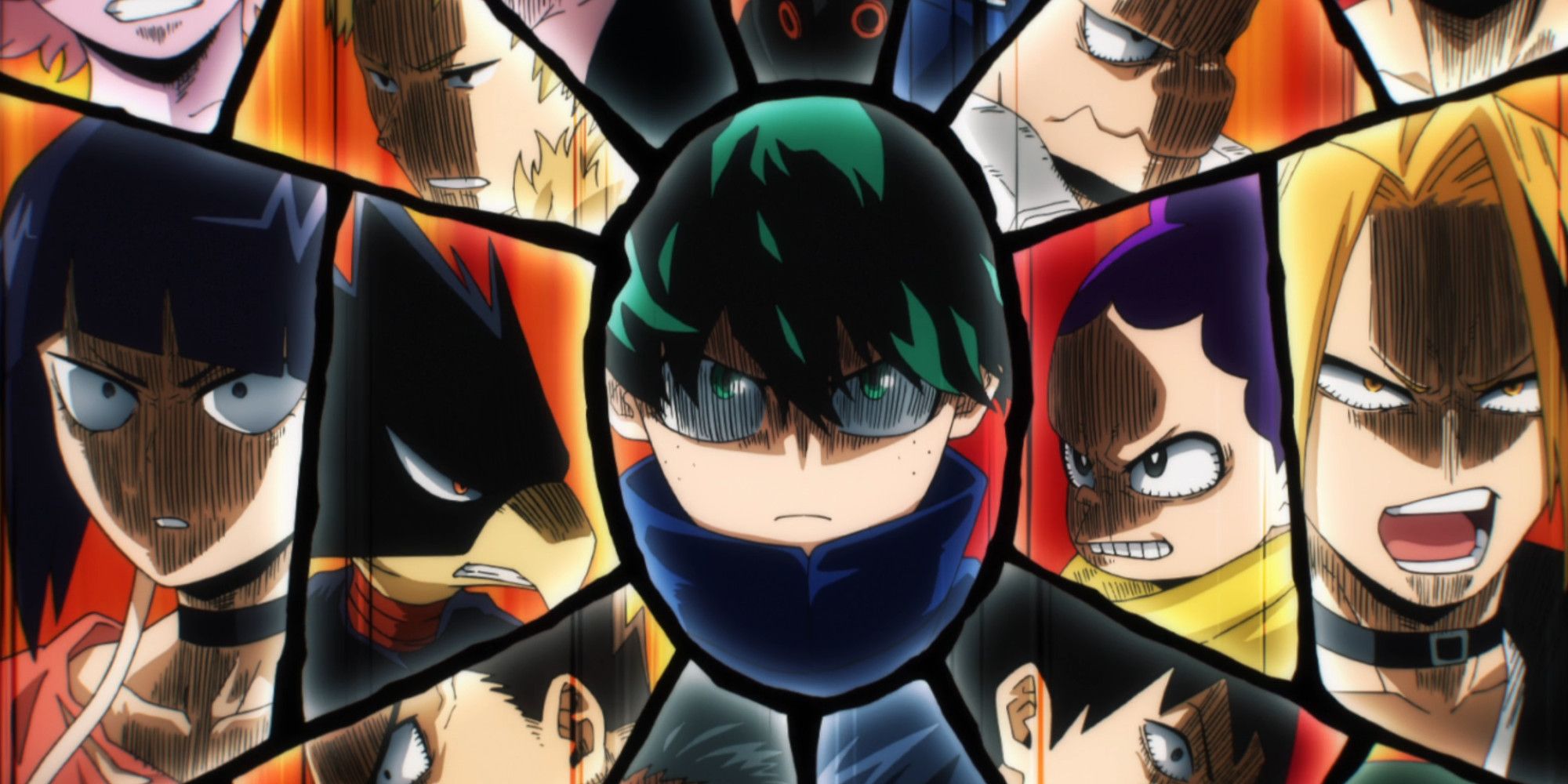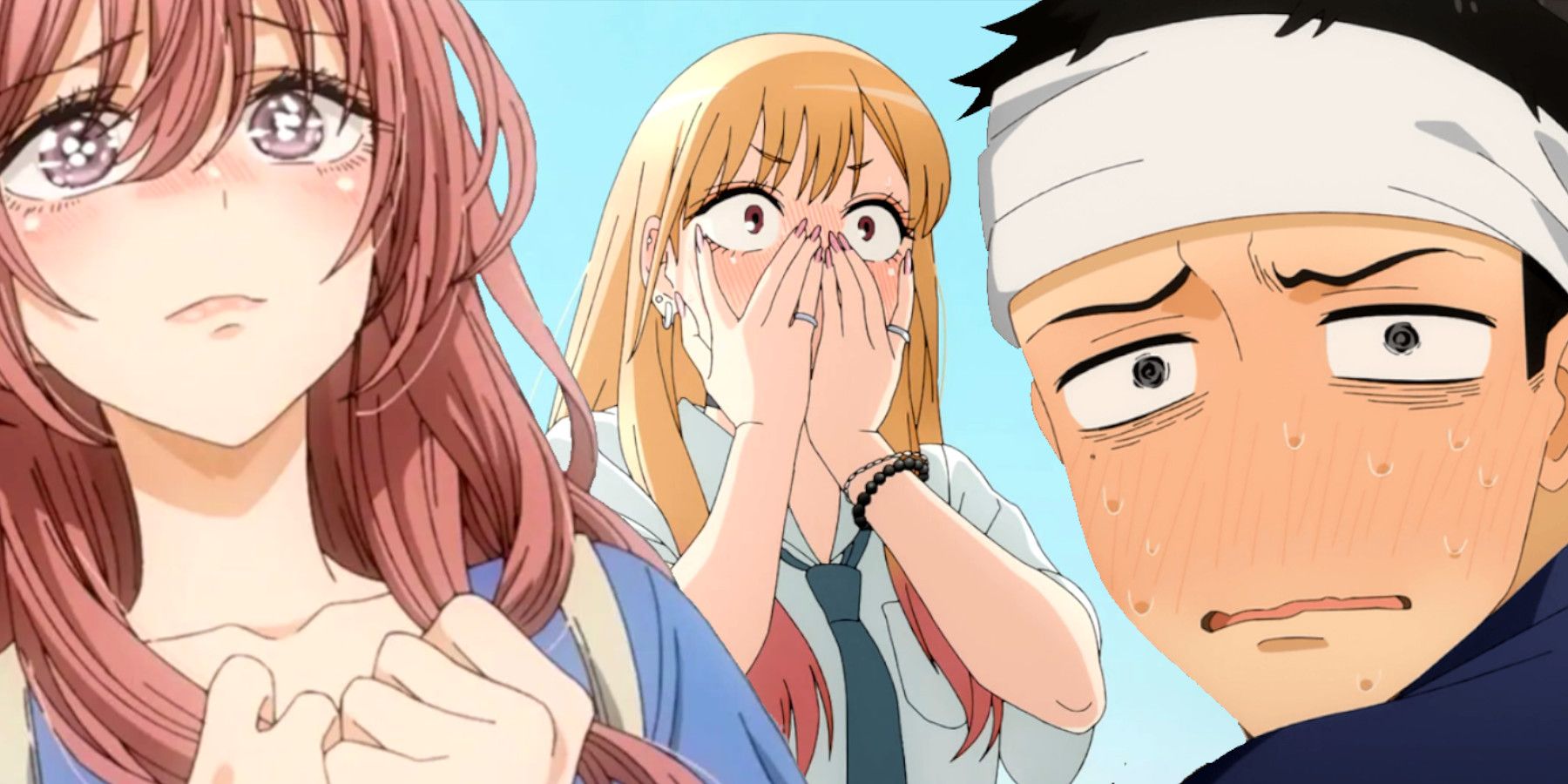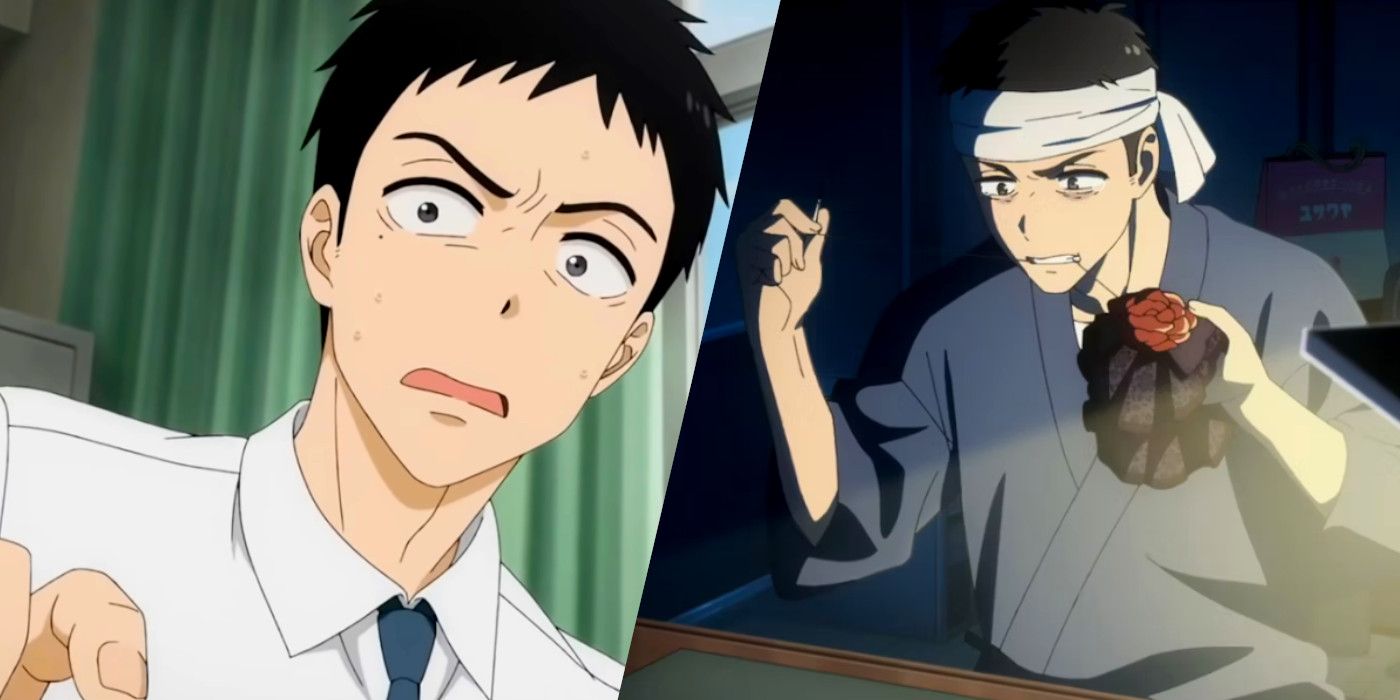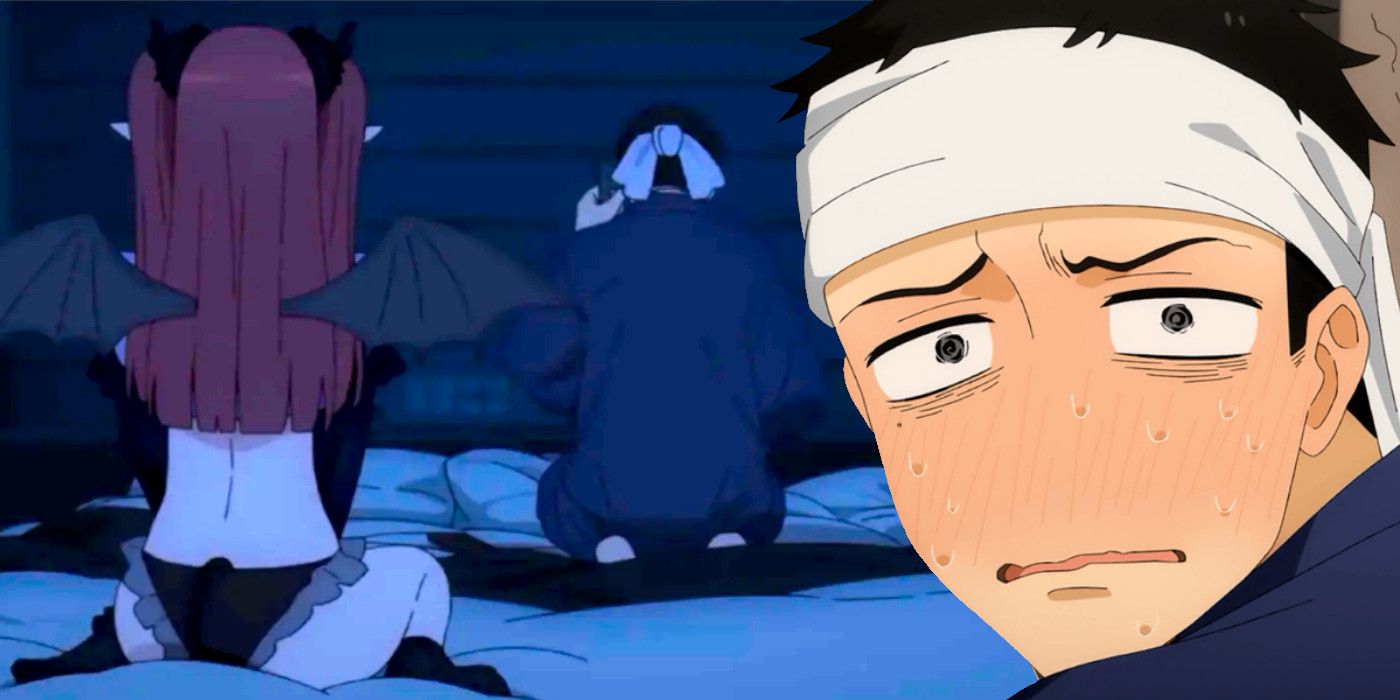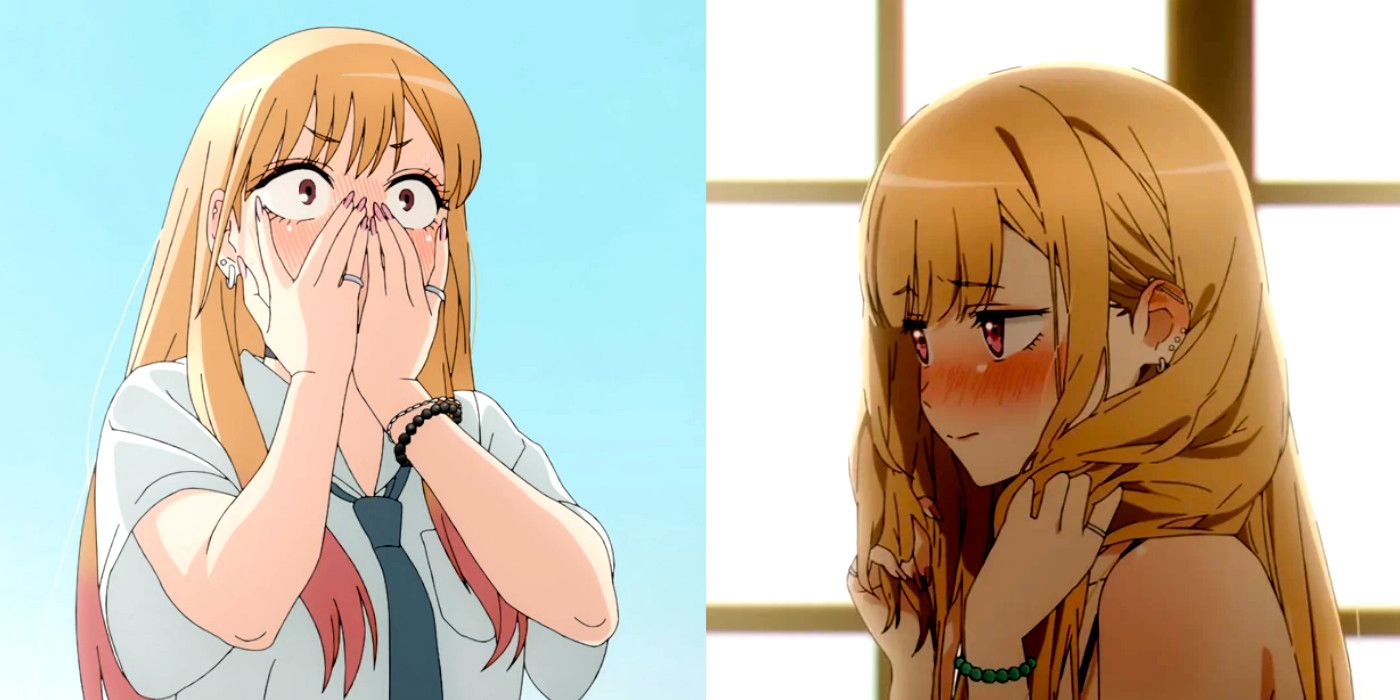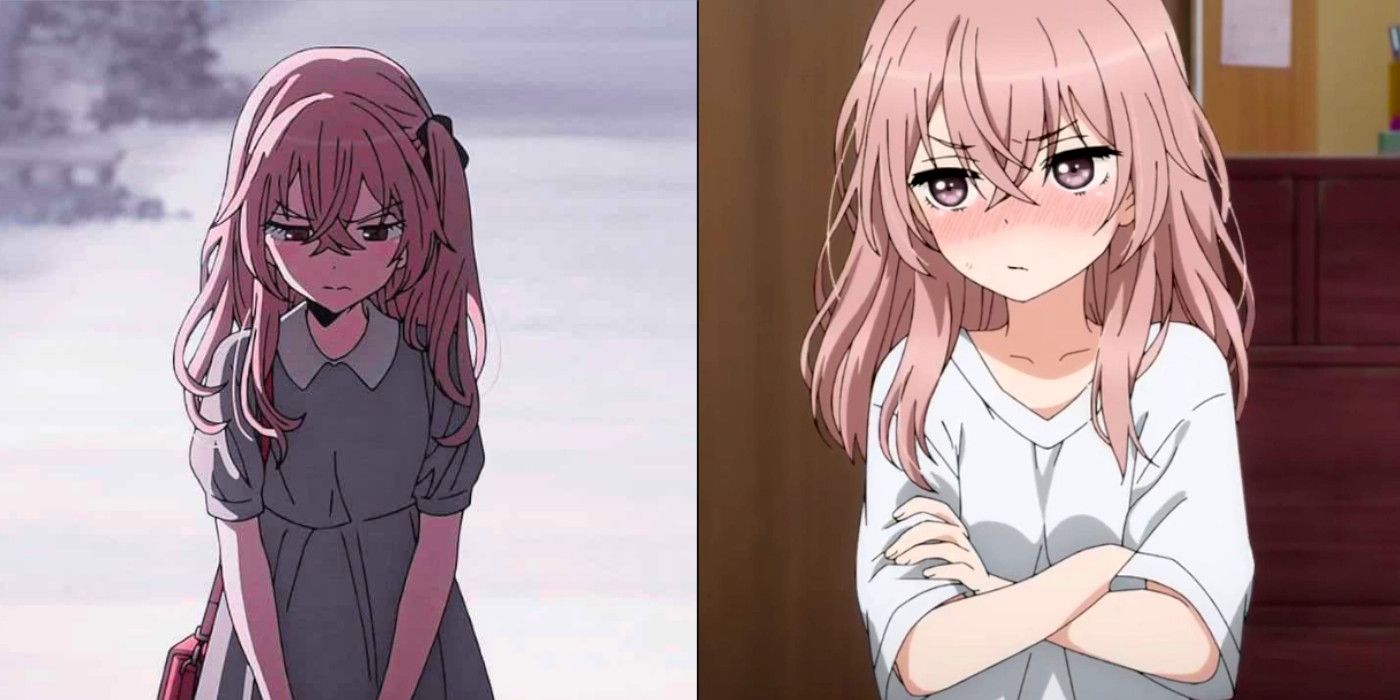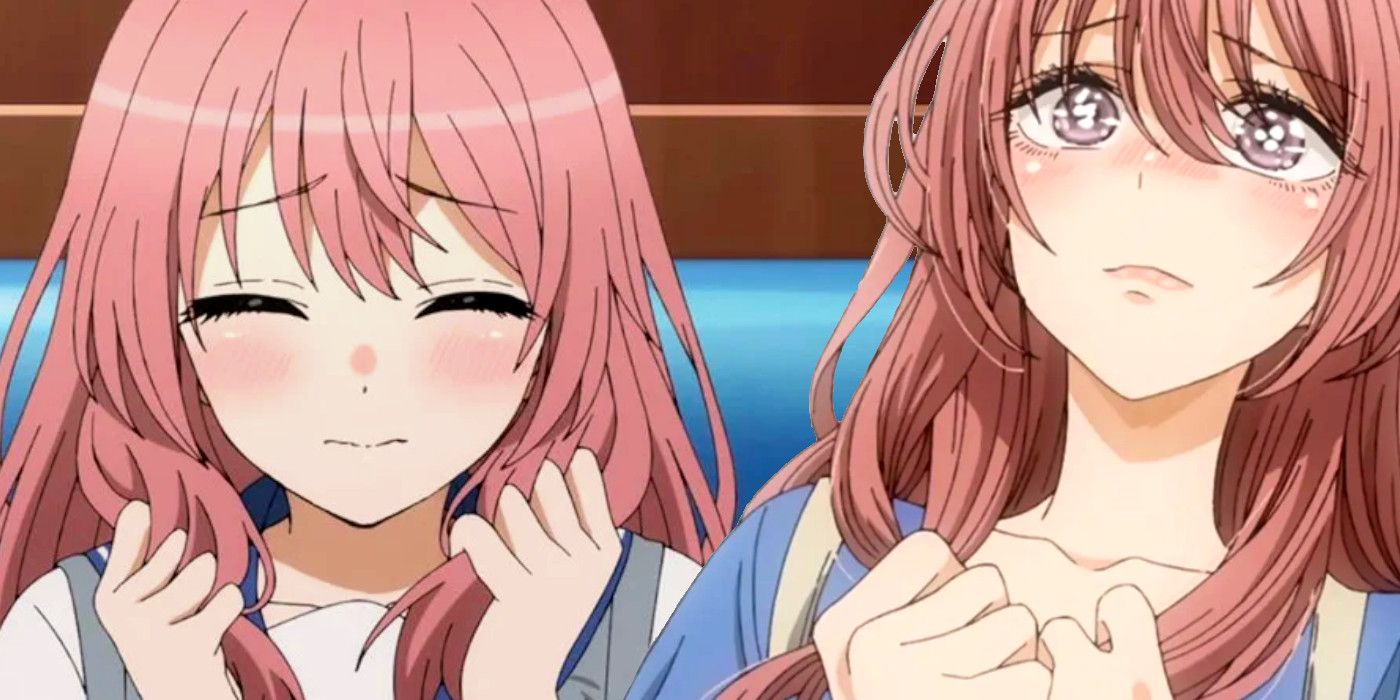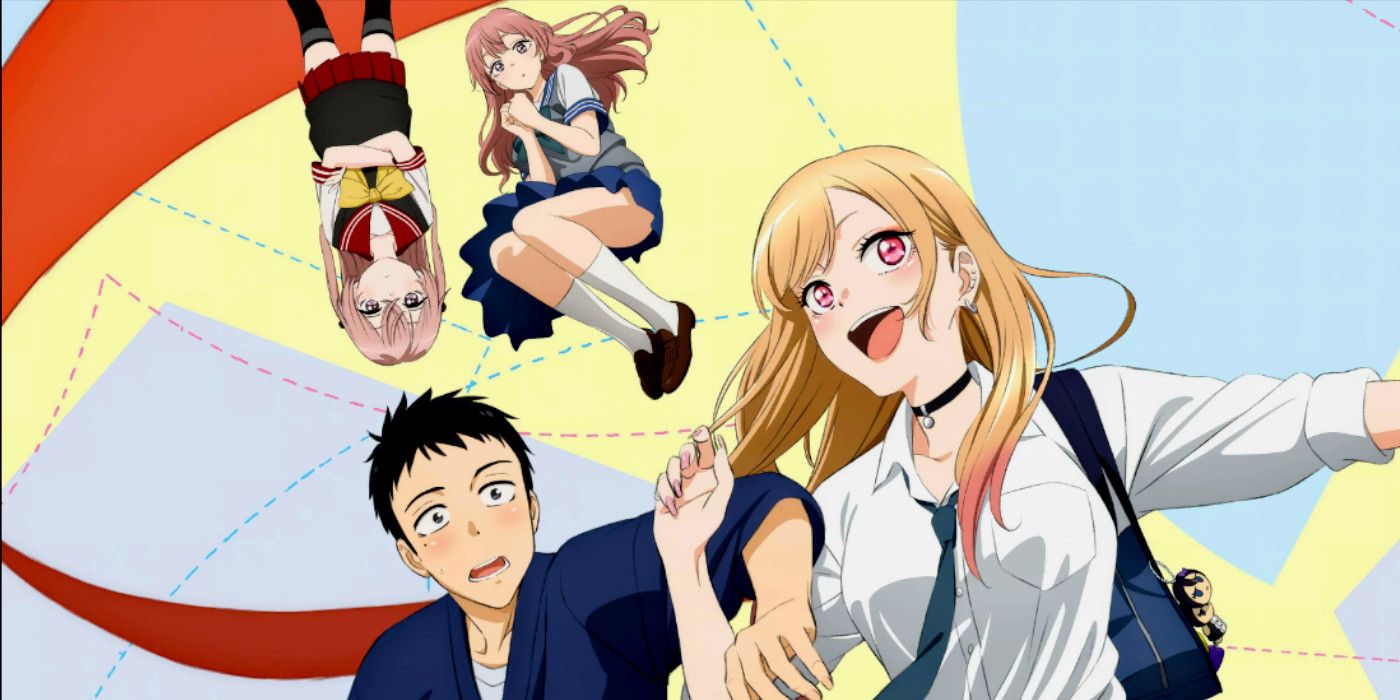While the major theme of this slice-of-life romantic comedy is focused on cosplay, all four of the main characters display some element of social anxiety in Season 1 of My Dress-Up Darling.
While some issues are more glaringly obvious than others, the underlying themes of social stigmas are very much prevalent, as each character wishes to be true to themselves, but finds society has a lot to say about their digression from the norm. Wakana Gojo, Marin Kitagawa, Sajuna, and Shinju Inui are all oddballs in their own right, trying to find their place in this relatively cruel world while embracing their passions to the fullest.
Gojo's Trauma and Mental Health
At a young age, the orphaned Wakana Gojo discovers an unexpected love for the Hina Dolls that his Grandpa Kaoru lovingly handcrafts. Perhaps yearning for maternal replacement, or simply seeking a distraction, Gojo forms an (arguably unhealthy) obsession with these dolls, even going so far as to anthropomorphize one. The youngster was teased relentlessly for his newfound "girly" passion for Hina Dolls, and subsequently isolates himself to avoid further persecution. He spends his remaining days utterly friendless, and by the time high school arrives, Gojo has very limited social skills and evidently struggles to relate with his peers.
Gojo displays several distinct personality traits that are indicative of possibly falling within the autism spectrum, although this speculation has not been officially confirmed. His extreme passion for such intricate and detail-orientated crafts is borderline obsessive, best depicted when he worked on Kitagawa's cosplay outfit for two weeks straight while simultaneously studying for tests, helping his injured grandfather, and running the Hina Doll shop. Gojo's poor communication skills are just as much to blame here, as he relied on his (incorrect) assumptions about people's expectations.
The only time Gojo actually gets carried away with his words is when the subject of sewing comes up, as he clearly finds his craft to be the most adequate form of expression. It's as if the real Gojo gets a crack at facing the world when his passion takes the wheel and all reservations are forgotten in the excitement of it all. Hopefully, this version will become the Gojo-norm as cosplay becomes more prevalent in his life as he finds more like-minded people seeking out his talents.
Gojo The Doormat
Gojo resorts to people-pleasing to get the dopamine flowing, which has its benefits and repercussions. By always being helpful, Gojo finds his self-worth by adding value to others' lives, temporarily filling that urge to feel needed, and there seems to be less conflict in submission than in refusing to take up a task. While this mindset may land him in some fortunate situations (the Love Hotel, for example), overall, Gojo gives the impression of a doormat and can be easily taken advantage of by those who see an easy opportunity.
Gojo is slowly learning to put up boundaries, having to bear the full brunt of responsibility when it comes to his relationship with Kitagawa. Gojo seems completely unaware of Kitagawa's glaringly obvious affections, but he also clearly believes himself unworthy of her love, after years of constant self-doubt. Gojo is his harshest critic, seeing all the flaws in his jaw-dropping cosplay outfits as much as in himself, and never once takes a moment to consider that Kitagawa could be genuinely interested.
Marin's Escapism
Marin Kitagawa is not the stereotypical anxious girl of My Dress-Up Darling, as she is an outgoing social butterfly with a modeling career to boot. However, keeping up appearances comes with its own strains, and, unless she is stuffing her face with food, Marin is quite careful about how the world perceives her. She is unconcerned with fitting in and constantly lets her "freak flag fly", but has her own set of standards to conform to. Showing some flesh is perfectly fine, but stepping out without her red contact lenses in, is a definite no-no. Her confidence is therefore conditional, as Marin seems to feel more comfortable when she has an element of control.
Marin shares the same level of obsession as Gojo does, as the ultimate Otaku girl who lives and breathes all things Manga-related. Her fixation on all these fantasy worlds could be a coping mechanism for her extreme loneliness, as she lives in almost as much solitude as Gojo. Marin also lost her mother at a young age, and though her father may still be alive, his work often takes him abroad. Marin is clearly upset by her father's constant absence but prefers to plaster a smile on her face and bury her nose in a Manga or videogame to escape the heartbreak of loss and abandonment.
Sajuna's Antisocial Tendancies
Cosplay does not have to be a social activity, but considering how popular the conventions are, it would be easy to find like-minded people to spend one's time with. This element of cosplay has zero appeal to Sajuna Inui, aka Juju, who could not even be bothered enough with social interactions to even set up a social media account for her personae. Sajuna appears to seek no external validation for her content creation and cosplays purely for self-gratification, but her extreme aversion to social situations could speak to deeper issues.
Viewers are about as much in the dark about Sajuna comes across as a very secretive person and rarely shares herself with the world, even when it comes to cosplay. She makes judgements based on first impressions, which is likely a reflection of how she is treated, as a short-statured girl with a petite physique, often mistaken for being a child. Sajuna is probably regularly dismissed from "adult conversations" and not taken seriously, and subsequently finds herself without a voice. Rather than submit to being constantly disregarded, Sajuna opts for isolation and forms a spikey personality to perturb anyone from getting close and potentially causing more harm.
Shinju's The Need for Approval
Most people admire Shinju Inui's beauty and hourglass figure and yet the poor girl feels undeserving of such compliments. In terms of the waifu factor, Shinju fits the stereotype more closely than Marin (physically speaking), but instead seems to possess as much self-worth as Gojo. Her desire to perform in gender-bender cosplays could speak volumes regarding Shinju's experience with body-shaming, as she developed more rapidly than her peers and was subsequently bullied. Shinju's discomfort in social situations is evident, often indicated by her hair-pulling tic, and she is overall quite timid, unless the discussion of cosplay photography comes up.
Shinju shows co-dependant characteristics when it comes to her sister, Sajuna, and is terrified of attempting to cosplay without her approval. Much like Gojo, Shinju appears to find self-worth by people-pleasing and is hesitant to take the spotlight, but Shinju eventually learns to start embracing her passion, regardless of what she thinks society deems appropriate.
Breaking the Ice
By coming together as a group, Gojo, Marin, Sajuna, and Shinju have all stepped out of their comfort zones and challenged one another in some way, ultimately leading to personal revelations and overall improved quality of life.
Having social anxiety does not necessarily mean that person does not want to form any human connections, but they often just find interacting with people awkward and intimidating. By collaborating with others, Gojo has unlocked a side of himself that might have remained hidden for his entire life, and, instead of spending all his waking moments comparing his skills to his grandfather's, Gojo is learning to embrace his own talents to their full potential.

